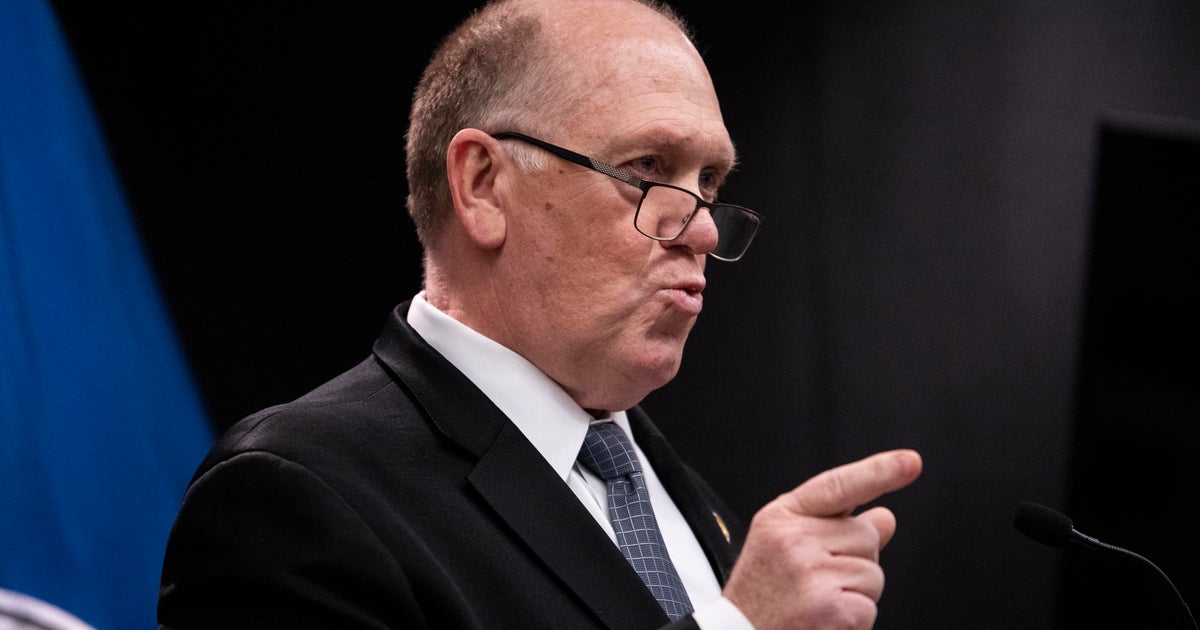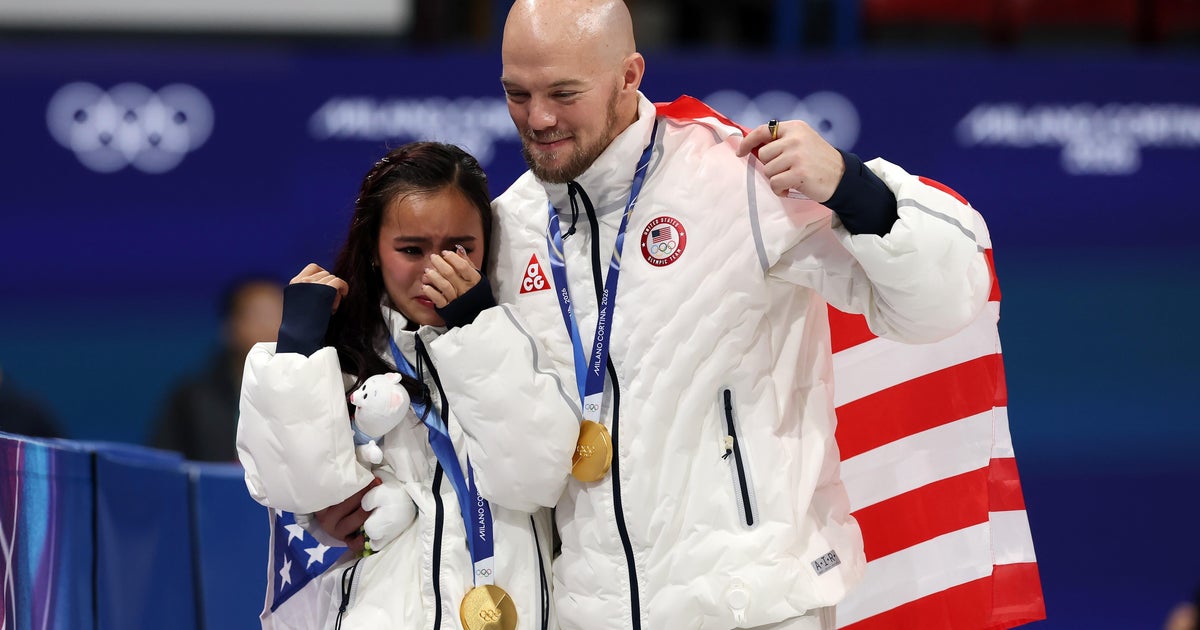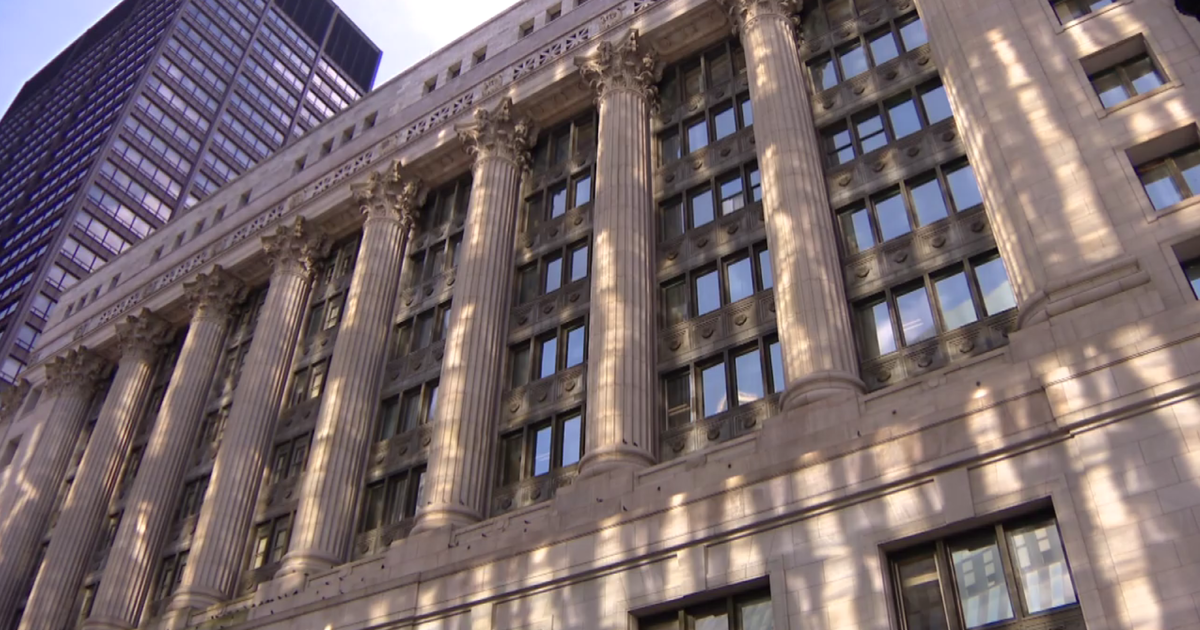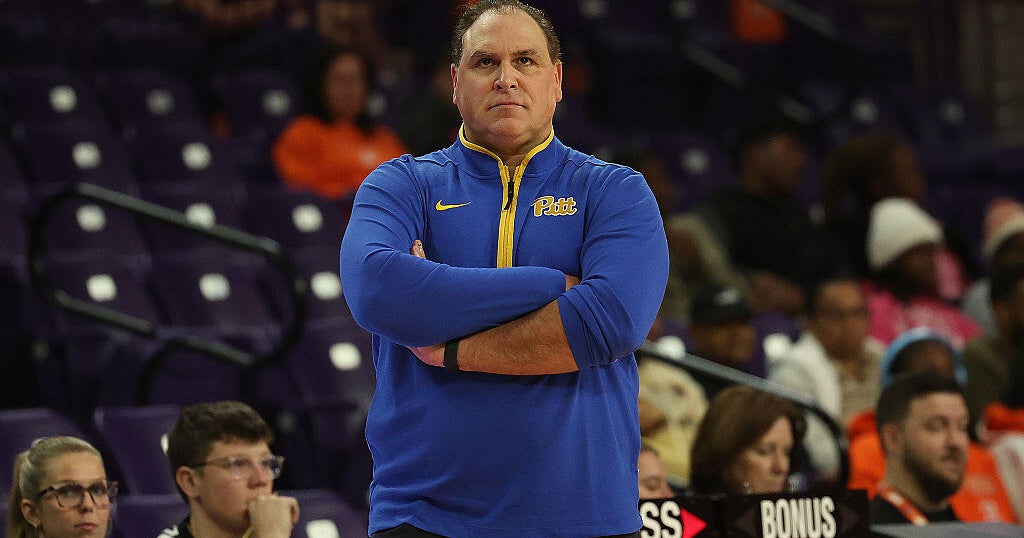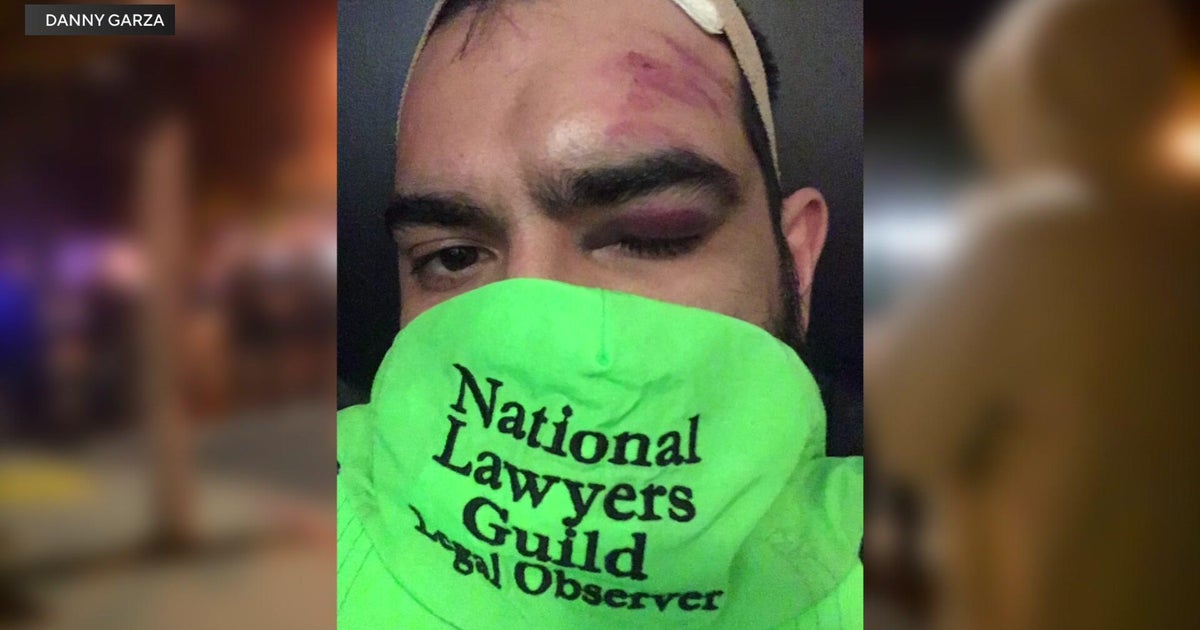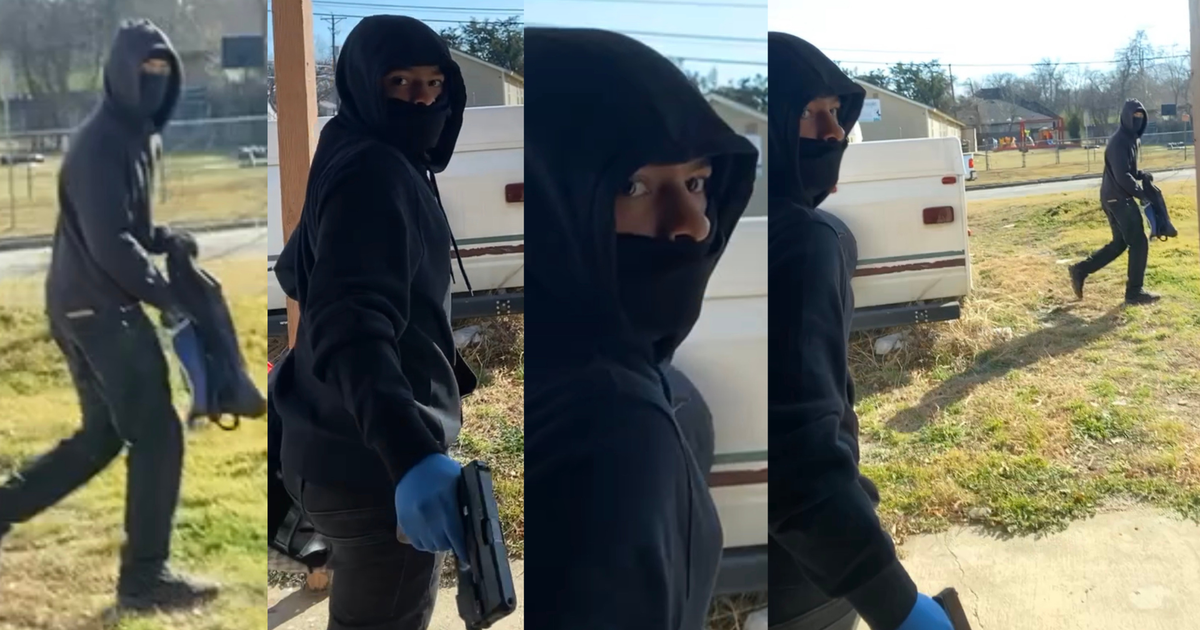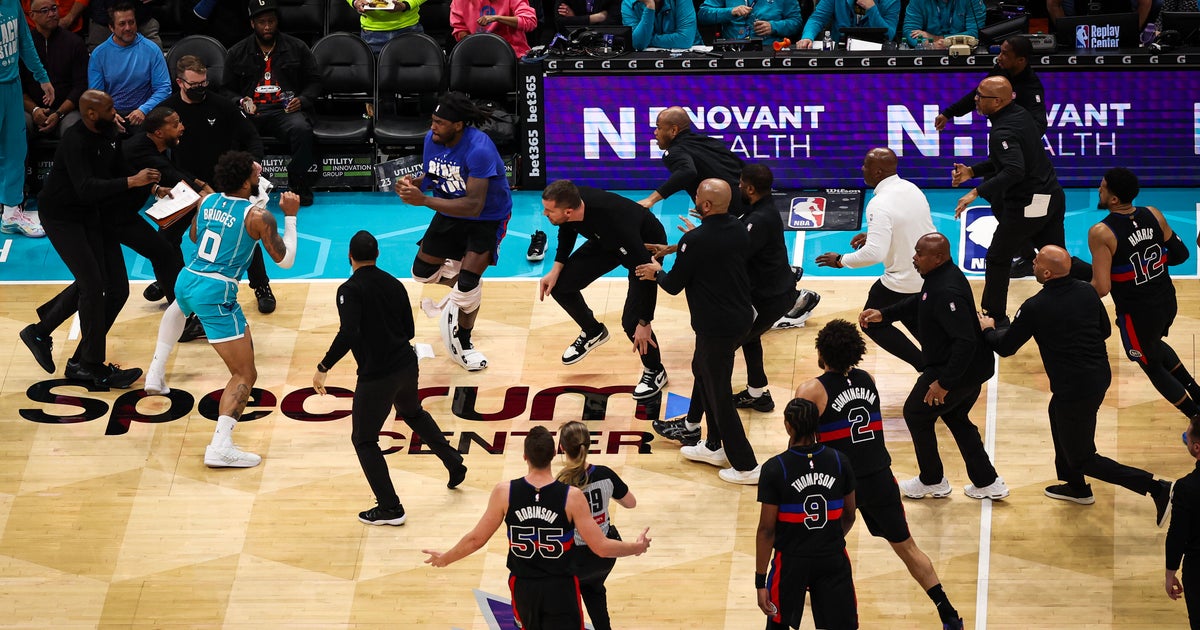Former Players, Giants' Mara React To NFL Concussion Settlement
NEW YORK (CBSNewYork/AP) -- Tony Dorsett finds himself forgetting how to get places he's been going for 30 years, and his 10-year-old daughter complains they can no longer do certain things together because "Daddy won't remember how to do it."
"It's frustrating," the Hall of Fame running back said. "It's not a good feeling. But it's a truthful statement."
The NFL agreed Thursday to pay more than three-quarters of a billion dollars to settle lawsuits by Dorsett and thousands of other former players who are suffering from dementia and other concussion-related brain injuries. The proposed settlement may not be as large as most expected, and it won't heal the brains ravaged by repeated blows to the head.
But the money will ease the burden for players and their families, something Dorsett and other plaintiffs said is desperately needed.
"There's definitely a dire need for help for these guys — for us guys," Dorsett told The Associated Press.
The settlement would mean immediate compensation for ailing former players and their families, as well as medical exams and treatment for all other retirees — a group that could total more than 20,000. It also would set aside $10 million for research that the plaintiffs hope will protect future generations from the devastating effects of concussion-related head injuries.
New York Giants co-owner John Mara said it would be "money well spent."
"It will help get money to people who need it much faster than had we gone through a long litigation with appeals and discovery and everything else it could have gone on for eight or 10 years," Mara said Thursday night, according to the New York Post. "This hopefully will get some money to some people who can use some help."
The settlement still has to be approved by Senior U.S. District Judge Anita Brody in Philadelphia, something lead plaintiffs' lawyer Christopher Seeger said he expects to happen in the next 60 to 90 days.
"I'm not going to say it was settled. I'm going to say it was a good start," said Rayfield Wright, the Hall of Fame offensive lineman with the Dallas Cowboys. "It's not the end of it because there are a lot of other players that will come up with the same situations, so I think the league has to find some kind of way to address the issue because it's going to happen. Those are issues that have to be resolved, and I don't think they're going to be resolved overnight."
Dorsett and Super Bowl-winning quarterback Jim McMahon were among the more than 4,500 former athletes — some suffering from dementia, depression or Alzheimer's — who have sued the NFL since the first case was filed in Philadelphia in 2011. They accused the league of concealing the long-term dangers of concussions and rushing injured players back onto the field, while glorifying and profiting from the kind of bone-jarring hits that make for spectacular highlight-reel footage.
"Football has been my life and football has been kind to me," said Dorsett, who starred for the Dallas Cowboys after winning the 1976 Heisman Trophy at Pittsburgh and is the most accomplished and best-known plaintiff in the mass of lawsuits. "But when I signed up for this, I didn't know some of the repercussions; I did know I could get injured, but I didn't know about my head or the trauma or the things that could happen to me later on in life."
The NFL has insisted that safety has always been a top priority, and in settling the thousands of cases it admitted no wrongdoing. While a trial could have forced the NFL to disclose what it knew, and when, about concussion-linked brain problems, Seeger said the plaintiffs' greater concern was a fair settlement — and one that would be paid immediately.
Had the lawsuits gone to trial, it could have been years before the players saw any money. Years the players might not have.
"It's a good day, because we're getting help for those who need help," said Mark Rypien, the MVP of the 1992 Super Bowl for the Washington Redskins. "And a sad day, because we didn't get this done earlier to help guys in the past."
Already, Pro Bowler Junior Seau and former Atlanta Falcon Ray Easterling, one of the first players to file a lawsuit, have committed suicide. Former Philadelphia Eagles fullback Kevin Turner has amyotrophic lateral sclerosis, or Lou Gehrig's disease, at 44, and fears he might not live to see his 50th birthday.
The settlement would cost the league $765 million, the vast majority of which would go to compensate athletes with certain neurological ailments, plus plaintiffs' attorney fees. Under the settlement, individual payouts would be capped at $5 million for men with Alzheimer's disease; $4 million for those diagnosed after their deaths with a brain condition called chronic traumatic encephalopathy; and $3 million for players with dementia.
"They deserve it, there's no question about it," said Mike Ditka, who played tight end for the Chicago Bears and later coached the 1986 Super Bowl winners. "It's absolutely good to see that. I think people have hid behind this too long. It's time it's out in the open."
The settlement also sets aside $75 million for medical exams, and all former NFL players are eligible to seek care, screening or compensation — whether they suffered a documented concussion or not. The amounts they receive will be based on their age, condition and years of play.
They do not need to prove their health problems are connected to playing football.
"My whole deal, and the other lawsuit with images, is all about health care, which we don't have," said Joe DeLamielleure, the Hall of Fame offensive lineman with the Buffalo Bills. "Some reporter called and said, 'That comes out to $170,000 per man.' I said, 'Good, I don't want that. I want health care.' Because what good is the money going to do you?
"My whole thing through this whole thing is we lived our dreams, the players, and now our families live our nightmares," DeLamielleure added. "Let's help take care of the women and the kids who have to take care of their dads from this stuff."
You May Also Be Interested In These Stories
(TM and © Copyright 2013 CBS Radio Inc. and its relevant subsidiaries. CBS RADIO and EYE Logo TM and Copyright 2013 CBS Broadcasting Inc. Used under license. All Rights Reserved. This material may not be published, broadcast, rewritten, or redistributed. The Associated Press contributed to this report.)
